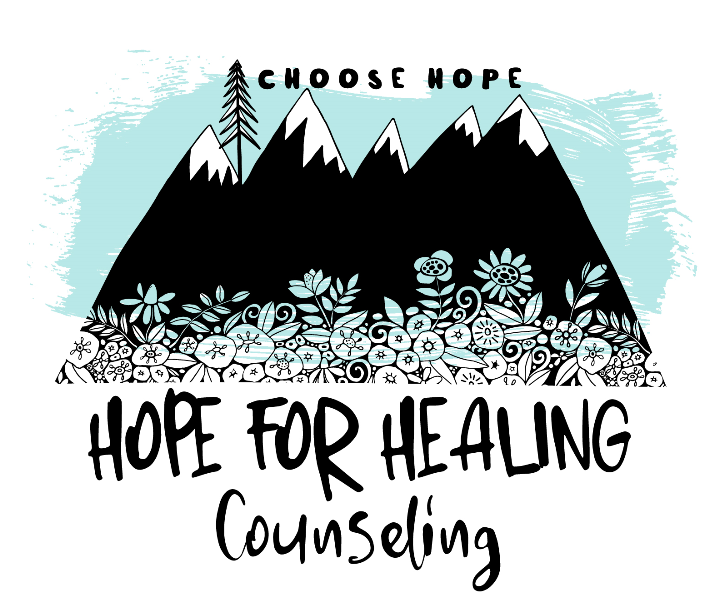the Ambiguously Hopeful Blog
Welcome and enjoy!
Hope waxes and wanes in our lives as we experience challenges. The ambiguous nature of hope is universal. My hope in writing this blog is to help others through the ambiguity to a fixed state of hopefulness.

 RSS Feed
RSS Feed
